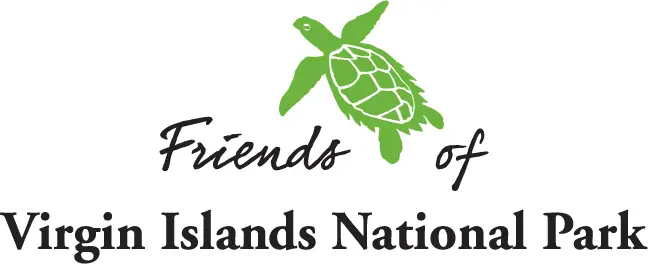Second Phase of Environmental Cleanup Work at Caneel
NPS News Release | November 1, 2024 | ST. JOHN, U.S. Virgin Islands—Consistent with its goal of contributing to a safer, healthier environment for the local community, the National Park Service (NPS) has awarded a contract for the second phase of environmental cleanup work at the Caneel Bay Resort (Site). The second phase of work includes removal of contaminated soil and sediment from the maintenance area and associated drainage channel (Area 2). During this phase of work, NPS anticipates removing approximately 288 bank cubic yards (BCY) of contaminated soil and 40 loose cubic yards of contaminated sediment. The term “bank cubic yards” refers to the volume of soil as it naturally exists in the ground in an undisturbed state, whereas “loose cubic yards” refers to the volume of material after it has been excavated.
During the second phase of work, Honeymoon Beach and Caneel Beach will remain open to visitors. Portions of existing parking lots may be closed off to serve as staging areas for sealed contained material and equipment, and visitors may notice increased equipment noise. NPS is working with its contractors to minimize impacts to the visitor experience. To prevent migration of contaminants via dust, erosion, etc. the contractor conducting the removal work is required to take steps such as covering material stockpiles overnight and when not in active use.
In addition to the contractor conducting the removal work, NPS has engaged an independent “Project Monitor” to oversee the work. The Project Monitor will conduct monitoring and oversight during the work and collect confirmation samples to ensure that removal goals are achieved. All confirmation samples collected by the Project Monitor will be analyzed by an independent laboratory holding National Environmental Laboratory Accreditation Program (NELAP) certifications for metals and pesticides analyses. All hazardous waste removed from the Site will be disposed in a permitted landfill in the continental United States.
On-site work is anticipated to begin in 2025. This second phase of removal work is funded in part by the Department of the Interior’s Central Hazardous Materials Fund (CHF), with additional funds leveraged from the Inflation Reduction Act (IRA). The NPS looks forward to completing this next step to address risks to human health and the environment.
During the first phase of environmental cleanup at Caneel Bay, NPS removed asbestos-containing debris from 2017 Hurricanes Irma and Maria. On-Site work associated with the removal of asbestos containing debris began in January 2024 and concluded in April 2024. Approximately 58 tons of asbestos-containing debris were removed from three areas near Little Hawksnest, Scott Beach, and Turtle Point to address risks to human health and the environment. Appropriate safety protocols were followed during the removal, and all asbestos-containing debris was disposed of at a permitted landfill in Florida in May 2024.
The cleanup work is being conducted pursuant to the NPS’s delegated authority under the Comprehensive Environmental Response, Compensation, and Liability Act (CERCLA). Plans for the removal work resulted from the Virgin Islands National Park’s 2021 Engineering Evaluation/Cost Analysis (EE/CA) Report and 2022 EE/CA Report Addendum, which documented releases of hazardous substances at the Site. The EE/CA Report, related documents, and current information about the NPS environmental cleanup efforts at Caneel Bay can be found at https://parkplanning.nps.gov/caneelbayassessment.
